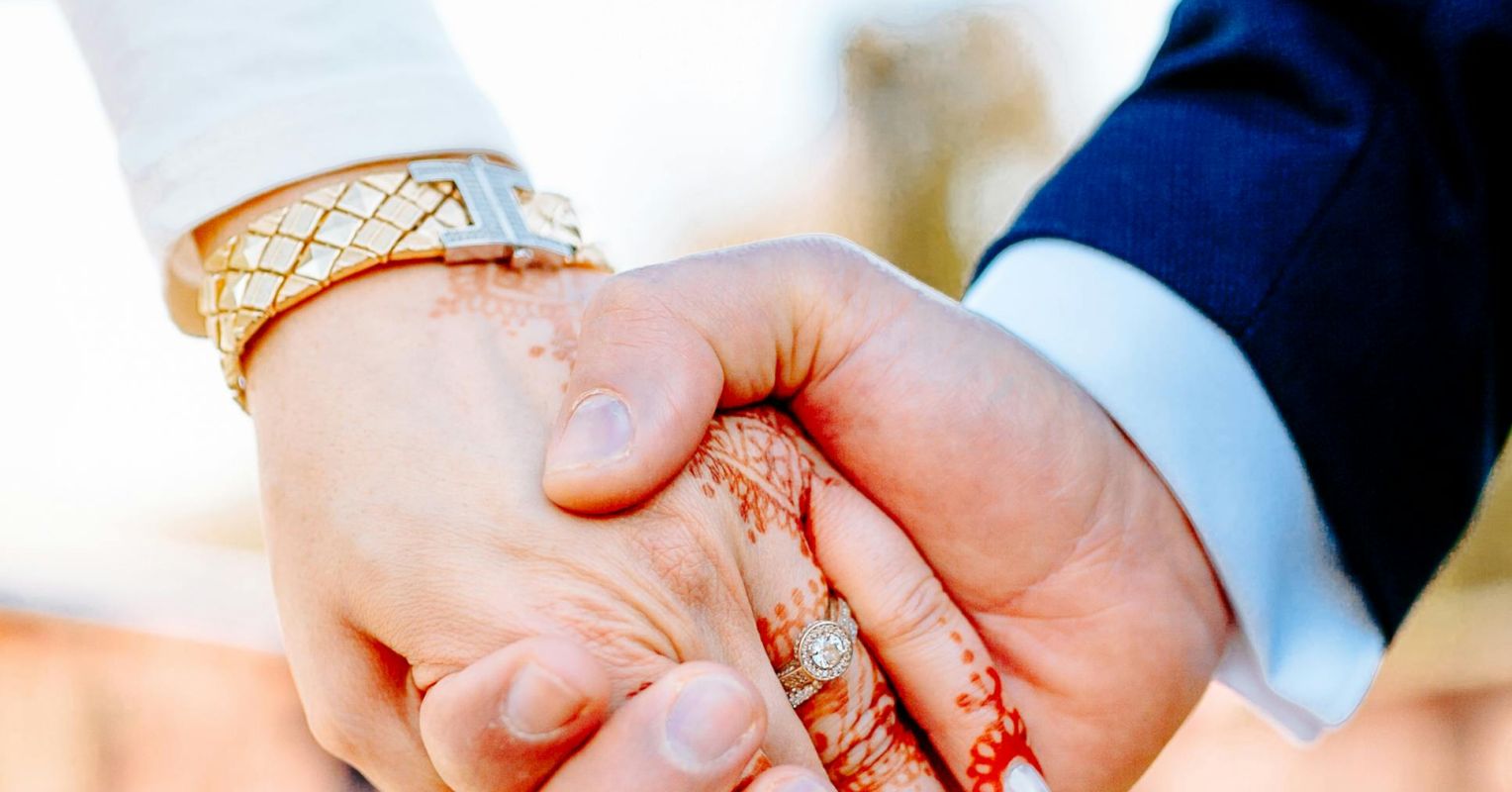
"For cross-cultural marriages, traditions from both backgrounds often dictate aspects such as wedding ceremonies, gender roles, career ambitions, and family dynamics. As a result, couples frequently navigate differences in expectations and traditions to foster their foundation. This blending of traditions necessitates ongoing negotiation and compromise. Partners learn to recognize which aspects of their respective cultures are most meaningful and decide together how to integrate (or adapt) them within their shared lives."
"Successful cross-cultural couples typically develop strong communication skills, an openness to learning, and mutual respect. They may create new hybrid traditions that honor both backgrounds, reflecting a shared understanding achieved through compromise. Ultimately, the ability to negotiate differences and find common ground can strengthen the relationship and enrich the couple's collective identity. To explore this, I interviewed a cross-cultural couple about how they manage the intersection of family expectations and traditions in their marriage. For confidentiality, names have been kept anonymous."
Cross-cultural marriages bring differing values, expectations, and norms that influence weddings, gender roles, career ambitions, and family dynamics. Partners must identify which cultural elements are most meaningful and negotiate how to integrate or adapt them within shared life. Tensions often arise between extended family involvement and preferences for independence, requiring compromise over holidays, childcare, and household responsibilities. Successful couples cultivate strong communication, openness to learning, and mutual respect. Many couples create hybrid traditions that honor both backgrounds, using compromise to form shared practices. Navigating these differences through honest conversations and boundary-setting can strengthen the relationship and enrich the couple's collective identity.
Read at Psychology Today
Unable to calculate read time
Collection
[
|
...
]